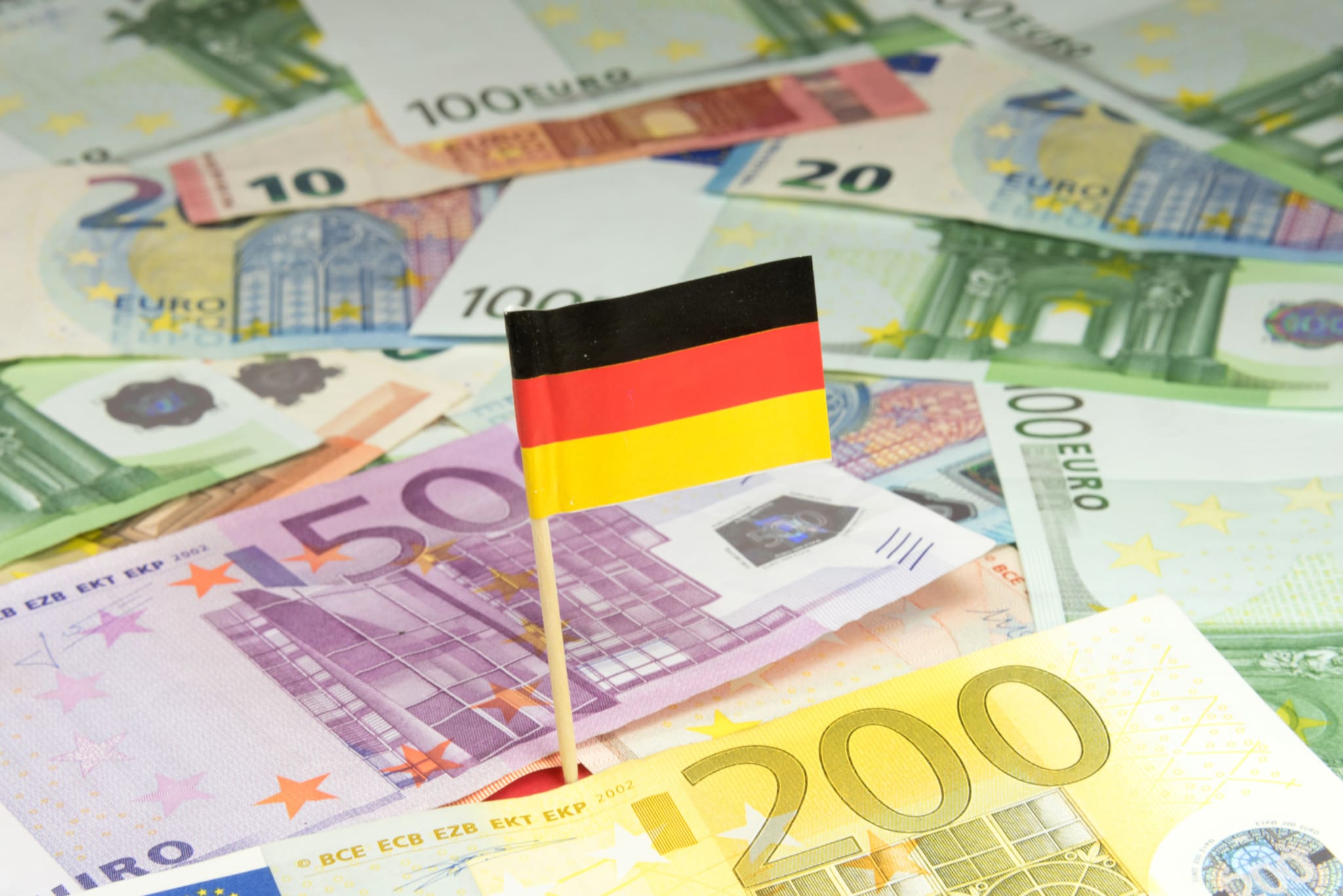German households are increasingly tapped out financially, with more and more of them not only using all of their income to get by each money, but also dipping into their savings and relying on debt. If inflation continues to rise, it may spark a financial crisis in the country seen as the engine that keeps the European economy running.
Helmut Schleweis, president of the German Savings Banks and Giro Association (DSGV), recently warned that 60 percent of Germans households, which amounts to 25 million people, are already putting their entirely monthly income and some savings to keep up with the country’s rising cost of living.
“This means that the loss of prosperity and the consumption of wealth is affecting the middle class, which was not used to claiming transfer payments and in some cases even refused it,” said Schleweis while speaking with Handelsblatt.
[pp id=49836]
On the front line, there are signs that Germans are buckling under the pressure.
“We’re getting more and more calls from people who are worried that they won’t have enough money left over to live on in the future, also because they can no longer service their loans due to high energy costs,” says Kerstin Föller, who works as a debt counselor at the Hamburg consumer advice center.
There are fears that an already bad situation could become much worse, with many Germans seeing price increases for food and exploding energy bills. However, inflation may rise even further, and the winter may bring mass layoffs, recession, and even higher energy prices, leaving many Germans with few financial options.
Germans unhappy with government policy are increasingly protesting as their financial situation deteriorates, particularly in the east of the country. Just as recently as two days ago, Germany saw mass protests demanding the opening of Nord Stream 2, which was targeted in a terror attack that has sparked an environmental disaster in the Baltic Sea.
Popular anger has fueled a surge for the Alternative for Germany (AfD) party in the polls, but the situation may get much worse, leading to political unrest in the country. Experts predict that the true crisis will not show up until 2023 or 2024. For indebted households, many of them are still managing to keep up with interest payments, but the question becomes at what point they become overwhelmed. Dorothea Mohn, head of the financial market team at the Federal Association of Consumer Organizations, says that the DSGV data, while stark, still does not take into account how many consumers will become insolvent due to high credit burdens. Many people have not even seen a price increase yet for gas and electricity, but those price increases will be coming over the next few months.
[pp id=49675]
“We assume that the financial problems will not really show until 2023 or 2024,” Nuremberg debt counselor Michael Weinhold told radio network Bayerischer Rundfunk. He said that the dream many middle-class people have of owning a singe-family home is being shattered.
According to the comparison portal Verivox, data analyzed by the site shows that borrowers are shouldered with loans for automobiles, furniture, electronics, and other consumer goods that total an average of €21,197. Real estate loans were excluded in these totals.





